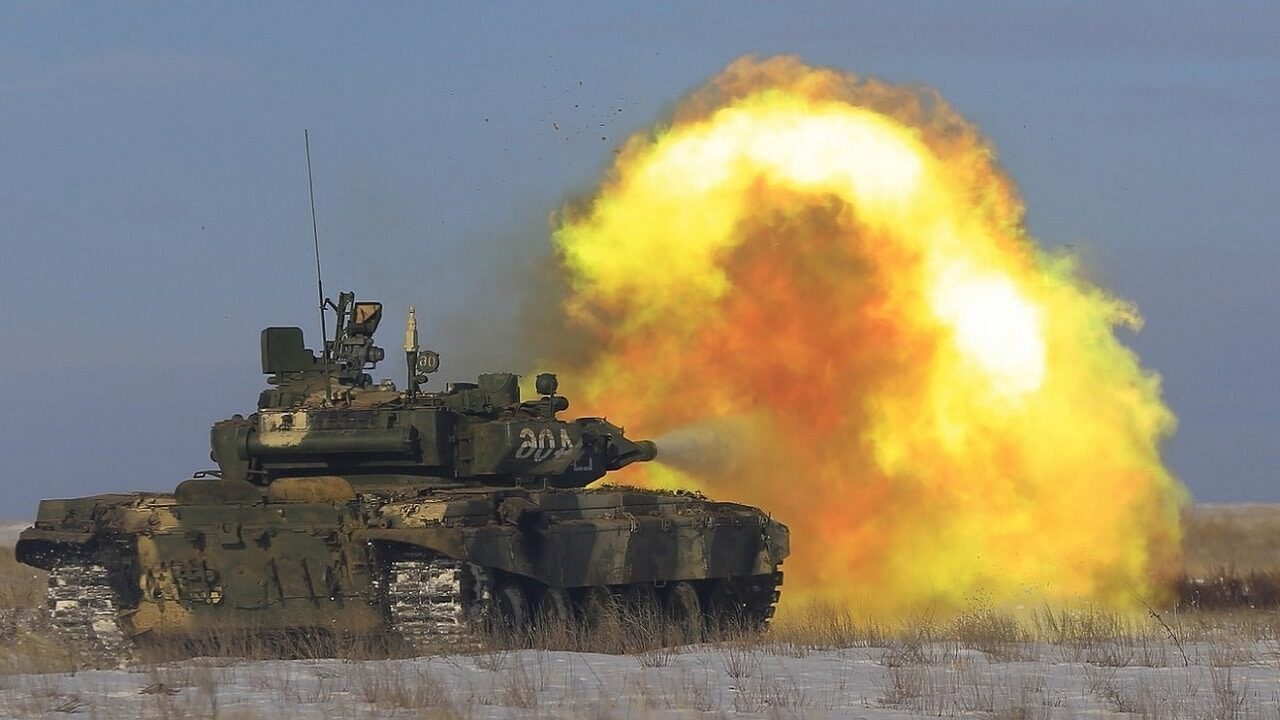The West’s response to Russia’s invasion of Ukraine has been unprecedented in its coordination and scale. Last week, US, UK, and EU officials announced that they were freezing transactions with Russia’s Central Bank, effectively neutralizing much of the $630 billion that Russia had been saving to insulate its economy against the economic shocks of Western sanctions. Western companies from Visa and Mastercard to Spotify have stopped doing business in Russia. These hard-hitting economic sanctions in direct response to Russian President Vladimir Putin’s invasion of Ukraine are effective policy tools that will reduce the Russian state’s ability to wage war.
At the same time, the West must ensure that its responses do not get swept up in the tide of emotion. Images of the bloody results of Putin’s invasion are spreading like wildfire through Western social media, and citizens are taking to the streets to voice their opposition to the brutality. Make no mistake, the outrage that Western citizens and policymakers feel is justified – but allowing it to drive policy is dangerous. Vladimir Putin may be a brutal dictator, but he is a brutal dictator with the world’s largest nuclear arsenal. In order to prevent a catastrophic confrontation between Russia and NATO, cooler heads must prevail.
Several prominent Western analysts have begun calling for the West to openly pursue a policy of regime change vis a vis Putin. GOP Congressman Lindsay Graham publicly indicated his hope that Putin would be assassinated, and UK Prime Minister Boris Johnson suggested that Putin should be tried for war crimes. Such a policy is dangerous and would dramatically increase the risk of a nuclear confrontation between Russia and the West. The only thing that can possibly make Putin feel more threatened than a disastrous invasion of Ukraine is Western governments openly declaring their intent to depose him and try him in The Hague. Threatened autocrats are dangerous autocrats – especially those who have just ordered their nuclear forces be put on high alert. While Western intelligence agencies will surely wage informational warfare against Russia and support the country’s civil society with the goal of weakening the regime, accepting such a position as public policy is a dangerous and unnecessarily inflammatory measure.
The recent escalation in the kind and quality of military aid that the West is delivering to Ukraine similarly has the potential to lead to direct confrontation with Russia. Russia’s Ministry of Foreign affairs announced last week that they see EU countries as responsible for the damage and casualties caused by the lethal weapons that they are delivering to Ukraine. This kind of rhetoric suggests that the Kremlin may consider launching missile strikes against incoming Western aid to Ukraine. Western officials have provided Ukraine with a steady supply of anti-tank missiles, and have entertained the idea of donating fighter jets to Ukraine. A Russian strike against NATO weapons or aircraft could trigger article 5, dragging NATO into a war it neither wants nor is prepared to fight. Such efforts to support Ukraine bear real escalatory risks, and policymakers must bear those risks in mind.
The West’s response to Russia’s invasion of Ukraine must remain unwaveringly fixed on the risks that it is prepared to take in support of Ukraine’s fledgling democracy. For the vast majority of Western policymakers open war between Russia and NATO is not an acceptable risk, and rightly so. Consequently, Western policymakers should adopt a more pragmatic response to Putin’s invasion and look for ways to deescalate the situation. To start, President Biden should publicly lay out the clear and firm conditions under which the US would begin rolling back its sanctions on Russia. Such a step would signal to Russia that the US is not sanctioning Russia just to punish them, but rather that its sanctions are aimed at achieving a constructive response. Additionally, European leaders should follow French President Emmanuel Macron’s lead in maintaining dialogue with Moscow. While conducting dialogue with a warmonger may not be popular, it may prove necessary to avoid a nuclear war that nobody wants.
While it may be satisfying for Western policymakers to mete out righteous punishment to an aggressive autocrat, their policy goals, and global security, would be better served by building a “golden bridge” across which Putin can retreat.
Will Baumgardner is a Research Assistant in the Foreign and Defense Policy department of The American Enterprise Institute (AEI).

